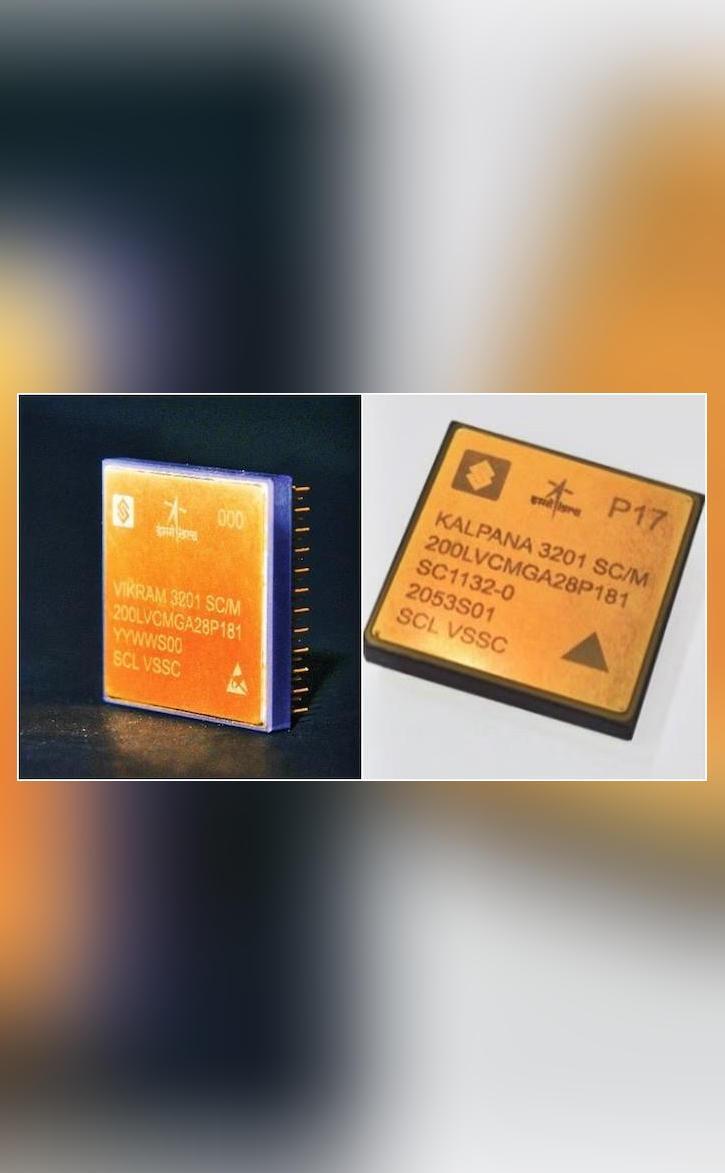
ISRO & SCL develop 32-bit microprocessors for space applications
The Indian Space Research Organisation (ISRO) and the Semiconductor Laboratory (SCL) in Chandigarh have jointly developed two 32-bit microprocessors, VIKRAM3201 and KALPANA3201, for space applications. These microprocessors are designed to withstand the harsh environmental conditions of launch vehicles and are a significant achievement in the country’s space technology development.
VIKRAM3201 is the first fully “Make-in-India” 32-bit microprocessor that has been qualified for use in space applications. It is a high-performance microprocessor that is capable of operating in extreme temperatures, radiation, and vibration conditions. The microprocessor is designed to provide high-speed processing, low power consumption, and high reliability, making it an ideal choice for space applications.
The development of VIKRAM3201 and KALPANA3201 is a significant milestone in the country’s space technology development. These microprocessors are designed to meet the specific requirements of space applications, including high-speed processing, low power consumption, and high reliability. The development of these microprocessors is a testament to the capabilities of Indian scientists and engineers and their ability to design and develop complex technologies.
The VIKRAM3201 microprocessor is designed to operate in extreme temperatures, ranging from -55°C to 125°C, and can withstand radiation levels of up to 500 kRad. It can also operate in high-vibration conditions, making it suitable for use in launch vehicles. The microprocessor has a clock speed of 32 MHz and has a power consumption of 1.5 W.
The KALPANA3201 microprocessor is designed to operate in similar environmental conditions as the VIKRAM3201 microprocessor. It has a clock speed of 25 MHz and a power consumption of 1.2 W. The KALPANA3201 microprocessor is designed for use in spacecraft and can operate in temperatures ranging from -20°C to 60°C.
The development of these microprocessors is a significant achievement for ISRO and SCL. It demonstrates the capabilities of Indian scientists and engineers to design and develop complex technologies for space applications. The development of these microprocessors is also expected to have a significant impact on the Indian space industry, providing a reliable and cost-effective solution for space applications.
The VIKRAM3201 and KALPANA3201 microprocessors are designed to meet the specific requirements of space applications, including high-speed processing, low power consumption, and high reliability. The development of these microprocessors is a testament to the capabilities of Indian scientists and engineers and their ability to design and develop complex technologies.
The development of these microprocessors is also expected to have a significant impact on the Indian economy. The development of indigenous microprocessors for space applications will reduce the country’s dependence on foreign technology and will also provide a boost to the Indian electronics industry. The development of these microprocessors will also create new job opportunities and will also provide a platform for Indian companies to participate in the global space industry.
In conclusion, the development of VIKRAM3201 and KALPANA3201 microprocessors by ISRO and SCL is a significant achievement in the country’s space technology development. These microprocessors are designed to meet the specific requirements of space applications and are capable of operating in extreme environmental conditions. The development of these microprocessors demonstrates the capabilities of Indian scientists and engineers and their ability to design and develop complex technologies.






